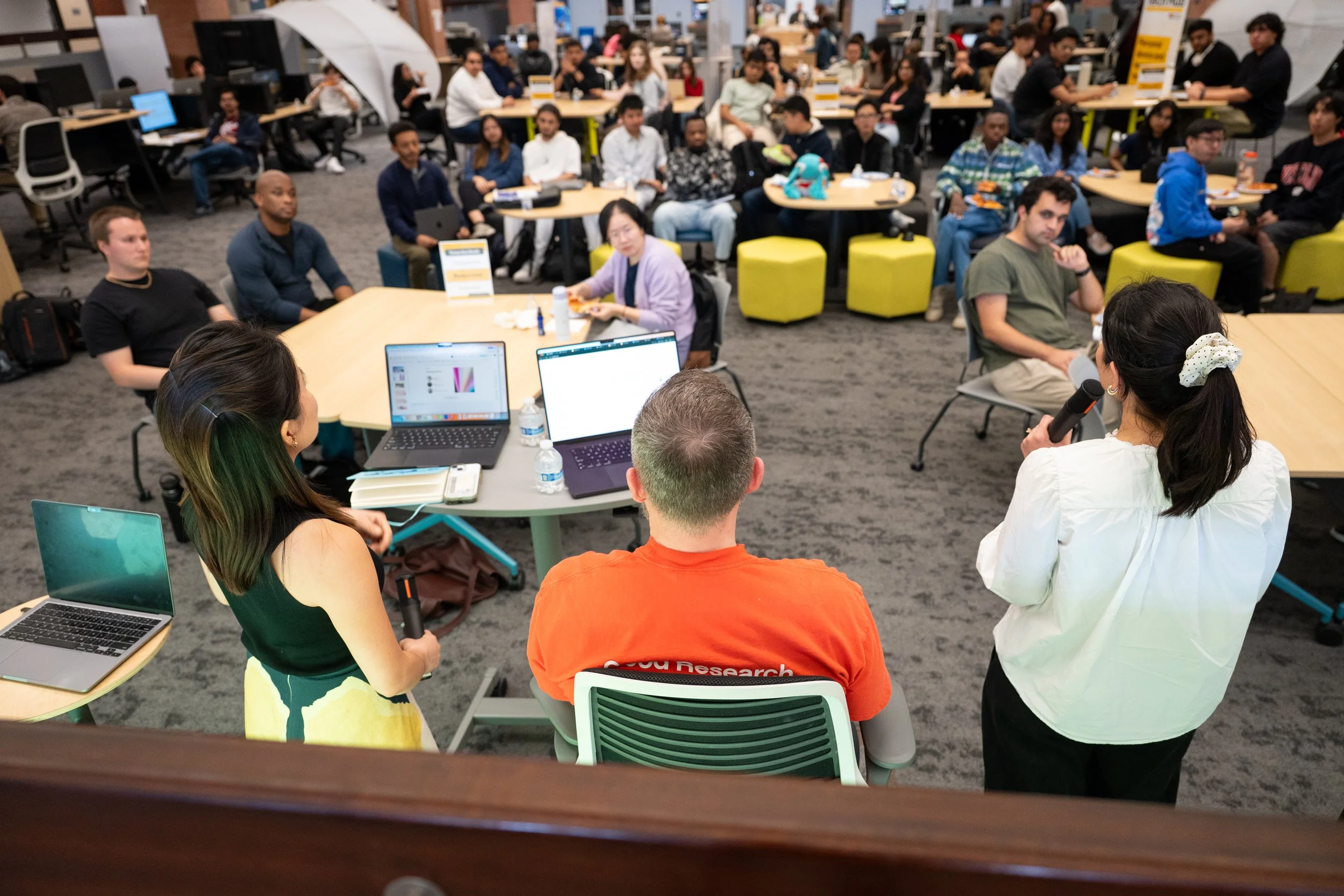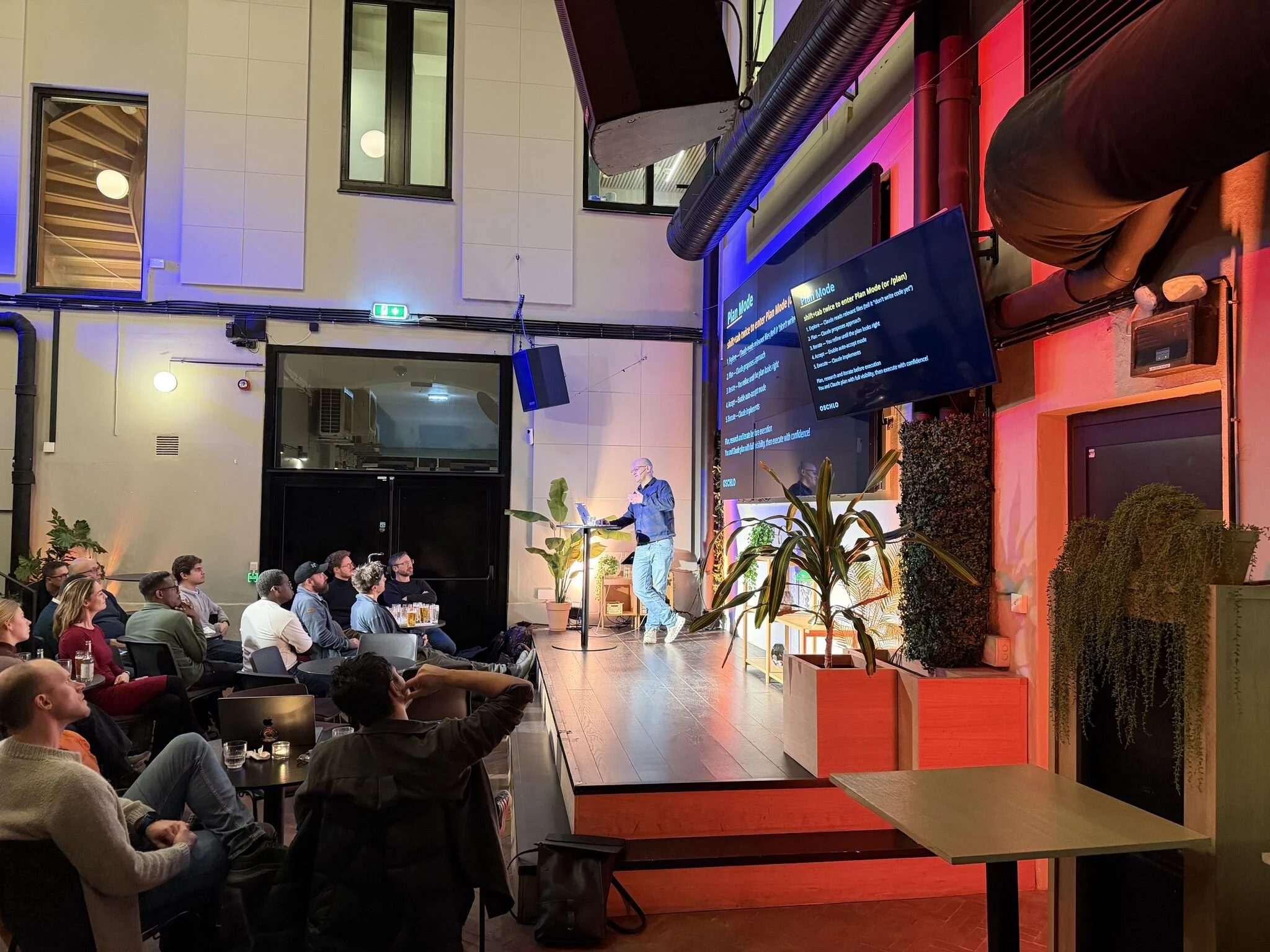Carnegie Mellon chemists join National Science Foundation Center for Computer Assisted Synthesis quest for faster drug development
Chemists from Carnegie Mellon University are playing a key role in the National Science Foundation Center for Computer Assisted Synthesis (C-CAS).

The initiative brings together experts in synthetic chemistry, computational chemistry, computer science, and other related fields to accelerate drug development.
“The core of C-CAS is to take advantage of these modern algorithms and rethink organic chemistry with the promise to make it easier, faster and more efficient,” explains Olexandr Isayev, Carl and Amy Jones Professor in Interdisciplinary Science. “There’s this need to transform chemistry to take advantage of this revolution in computation and algorithms and robotics.
“The usual materials discovery and research and development cycle is about 10 years and about $10 million. I want to bring development time down to one year and development costs to below $100,000. I think it’s possible, and we’re getting closer and closer as a community.”
Gomes and his team have built an AI system that can work with automated science facilities to design, carry out, and analyze chemical reactions.
Robert MacKnight, a graduate student studying chemical engineering, is helping develop the AI tool by teaching it to gather and learn information from existing chemistry research online.
“C-CAS has been instrumental through its emphasis on packaging research as ‘tools’ for researchers,” MacKnight adds. “This framework has been particularly valuable for my work because it allows me to greatly expand the capabilities of LLM systems — since tools are abundant and developed in a way that can be learned from by an LLM.”























